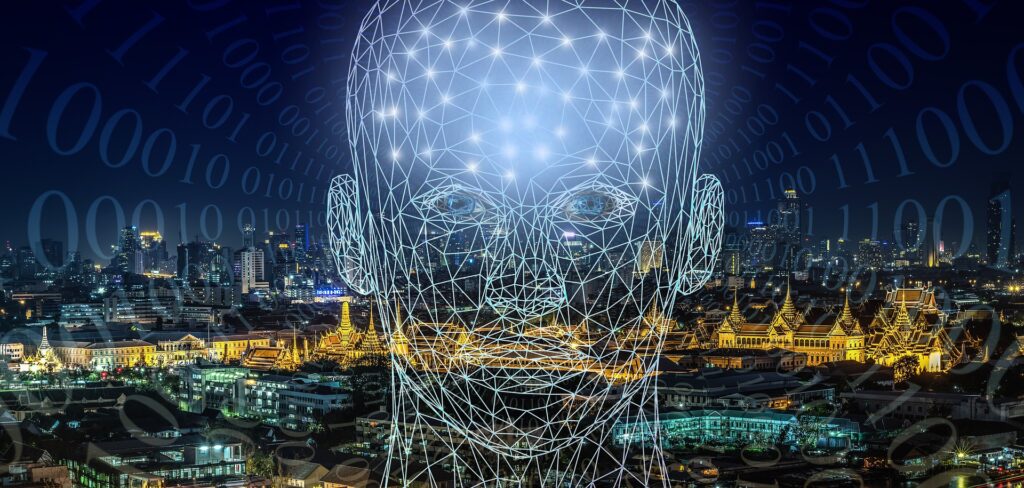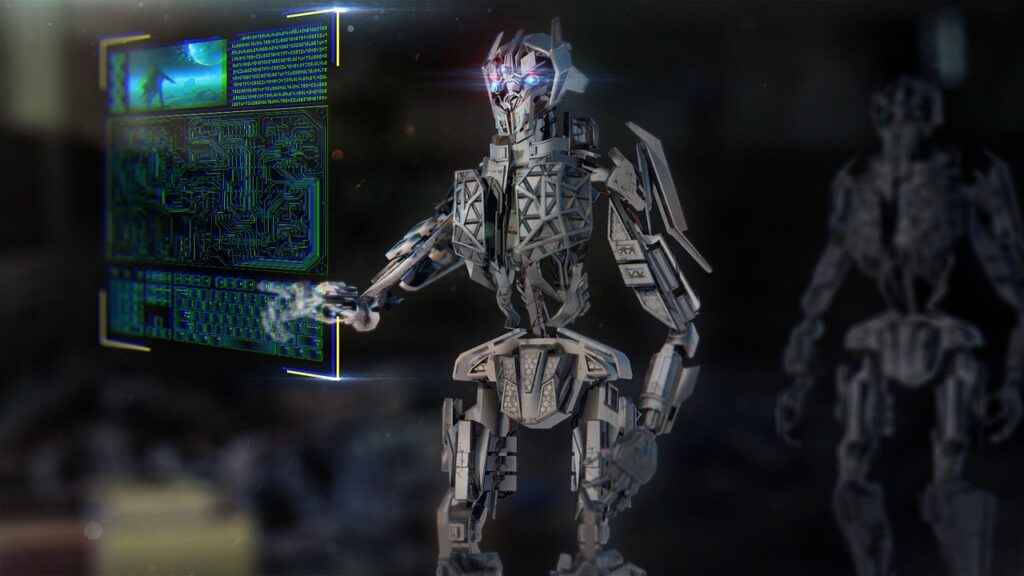Artificial intelligence (AI) is a rapidly growing field that has the potential to revolutionize the way we live, work, and interact with technology. From virtual assistants and self-driving cars to personalized medicine and predictive analytics, AI is already transforming many aspects of our daily lives.

But what exactly is AI, how does it work, and what are its implications for the future? In this article, we will explore the basics of AI and provide an overview of its key concepts and applications.
What is Artificial Intelligence?
At its core, AI is the ability of machines to perform tasks that would typically require human intelligence, such as recognizing speech, interpreting images, making decisions, and learning from experience. AI systems can be designed to perform specific tasks, such as playing chess or identifying fraudulent transactions or to exhibit more general intelligence, such as understanding natural language or recognizing emotions.
How Does AI Work?
AI systems are built on algorithms that enable them to learn from data and make predictions or decisions based on that data. These algorithms can be divided into two broad categories: supervised learning and unsupervised learning.
Supervised learning involves training an AI system on a labeled dataset, where the correct outputs are provided for each input. The system uses this data to learn patterns and relationships and to make predictions or decisions on new, unseen data. For example, an AI system could be trained on a dataset of cat and dog images and learn to recognize the difference between the two.

Unsupervised learning, on the other hand, involves training an AI system on an unlabeled dataset, where no correct outputs are provided. The system uses this data to identify patterns and relationships on its own and to make predictions or decisions based on those patterns. For example, an AI system could be trained on a dataset of customer purchase histories and learn to group customers into different segments based on their buying behavior.
What are the Implications of AI?
The implications of AI are far-reaching and have the potential to impact many aspects of our lives, from healthcare and education to transportation and entertainment. Some of the most notable implications of AI include:
- Increased efficiency and productivity: AI systems can automate many tasks that would normally require human labor, freeing up time and resources for other activities.
- Improved decision-making: AI systems can analyze vast amounts of data and identify patterns and relationships that would be difficult for humans to detect, leading to better-informed decisions.
- Enhanced personalization: AI systems can tailor their responses and recommendations to individual users based on their preferences and behavior, leading to a more personalized experience.
- New business models: AI systems can enable new business models and revenue streams, such as subscription services, personalized advertising, and predictive maintenance.
- Ethical and social implications: AI raises ethical and social questions around issues such as privacy, bias, accountability, and job displacement.
Conclusion
Artificial intelligence is a rapidly growing field with the potential to transform many aspects of our lives. By enabling machines to perform tasks that would normally require human intelligence, AI systems can automate many tasks, improve decision-making, and provide personalized experiences. However, AI also raises important ethical and social questions that must be addressed as the technology continues to develop. As we look to the future, it is clear that AI will play an increasingly important role in shaping the way we live, work, and interact with technology.